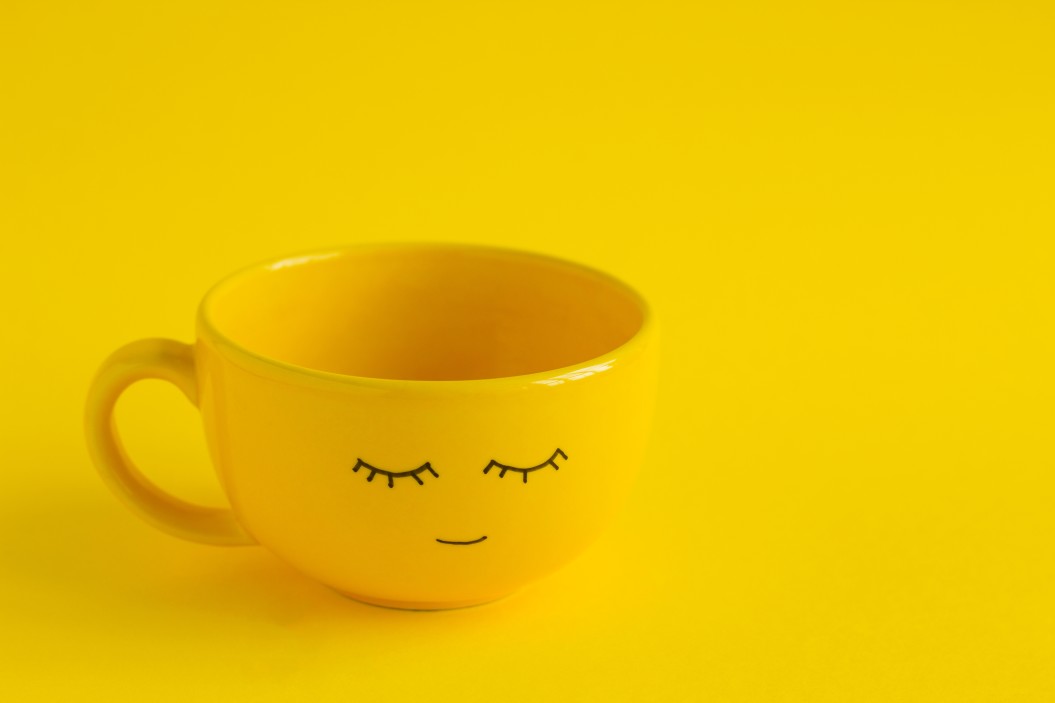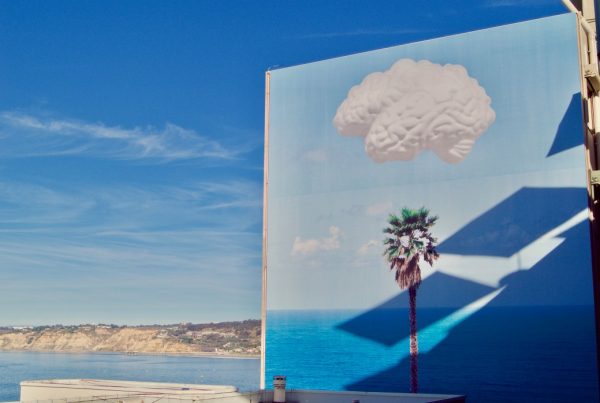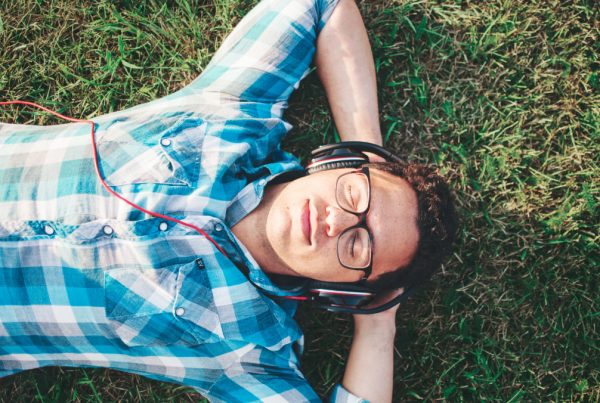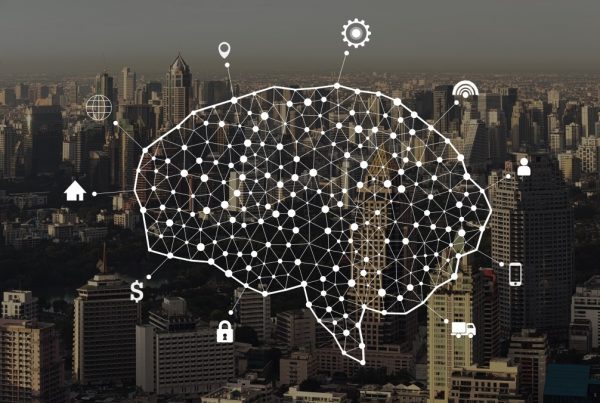Is caffeine a nootropic?
Nootropics are getting popular, and the demand for these brain boosters is getting higher. We can safely relate this increasing demand to the competitive work environment. It is said that the market for nootropics will reach 5.32 billion USD by the end of 2026.
Caffeine is one of the most popular substances, as more than 90% of Americans consume caffeine in some form every day. Caffeine can be found in many forms: coffee, tea, cocoa beans and kola nuts to name a few.
This article aims to solve the question of whether caffeine is a nootropic or not. Without further ado, let us begin:
The simple is that caffeine is a nootropic. The longer answer may take a while to answer and will depend on a variety of factors. Here are some of them:
Dosage
The average American adult consumes more than 300 mg of caffeine a day, which roughly translates to 3 cups of coffee. Consuming more than 250 mg of caffeine a day can lead to nausea, higher stress levels and other issues that are linked with the brain.
Here is a simple list of caffeine levels that are generally considered safe:
- Healthy men, 19 or older – a dosage of no more than 400 milligrams per day is considered as safe. Going anywhere further can cause trouble sleeping, rapid heart rates and headaches.
- Pregnant or breastfeeding women – a dosage of around 300 milligrams per day is considered as safe. More can directly cause harm to the child.
- Children below age of 12 – Children below the age of 12 should not take more than 2.5 milligrams of caffeine per kilogram of weight. In other words, a milligram per pounds of weight is considered safe. It should be noted that this limit should not exceed 45 milligrams for children aged 4 to 6, 62 for ages 7 to 9, and 85 for ages 10 to 12.
It has been officially noted that nootropics are compounds that do not adversely affect the human mind. Caffeine, when taken in higher doses, does cause harm to the human body and mind. This is when it is considered unsafe to use caffeine.
Medium
Caffeine is present in many different compounds varying from coffee, and tea to beverages like cola.
An average cup of brewed coffee can contain anywhere between 80 to 179 mg of caffeine. A cup of cappuccino contains no more than 45 to 148 mg of caffeine while instant coffee stops at 148. In teas, iced tea contains about 22 to 64 mg of caffeine, black tea contains 43 to 50 mg of caffeine, while herbal teas don’t contain any.
A can of cola contains anywhere from 25 to 50 mg of caffeine, depending on whether it is diet or simple.
It should be noted that depending on the medium, caffeine can either be a nootropic, or just a material that “junkies” abuse.
Final Thoughts
Just like our original verdict, caffeine is a nootropic, unless it is taken in high quantity.





